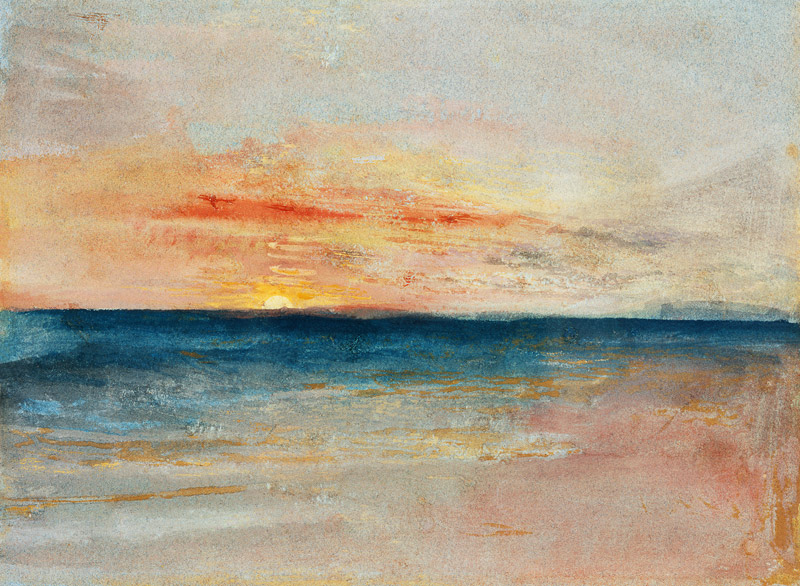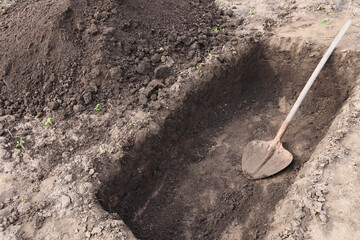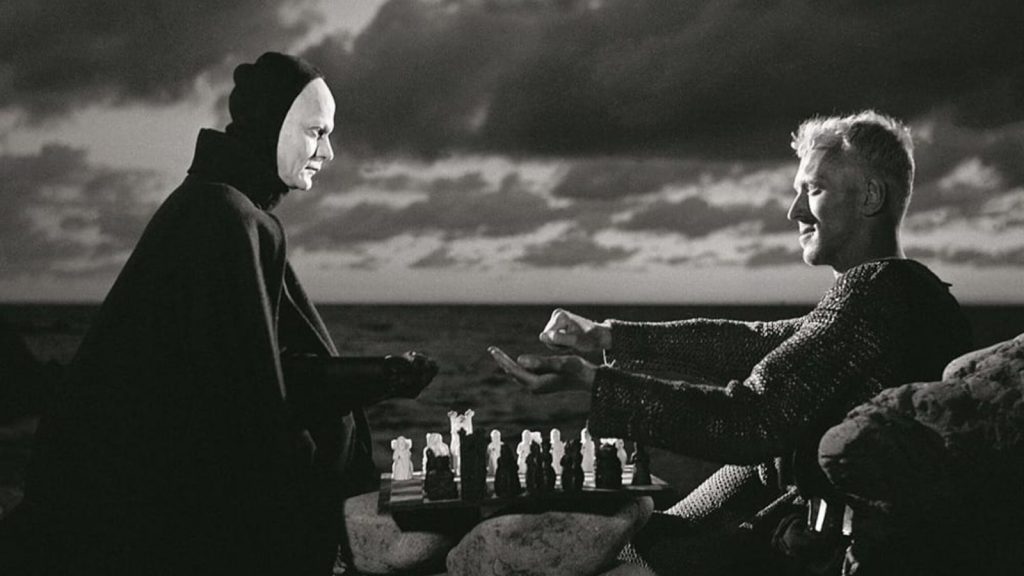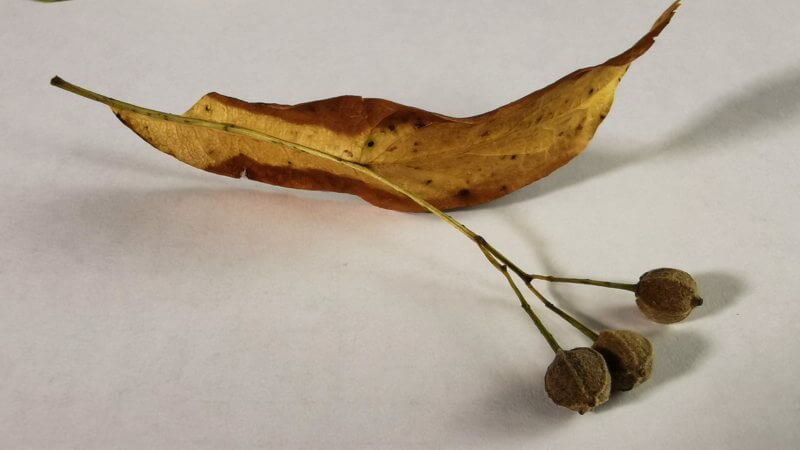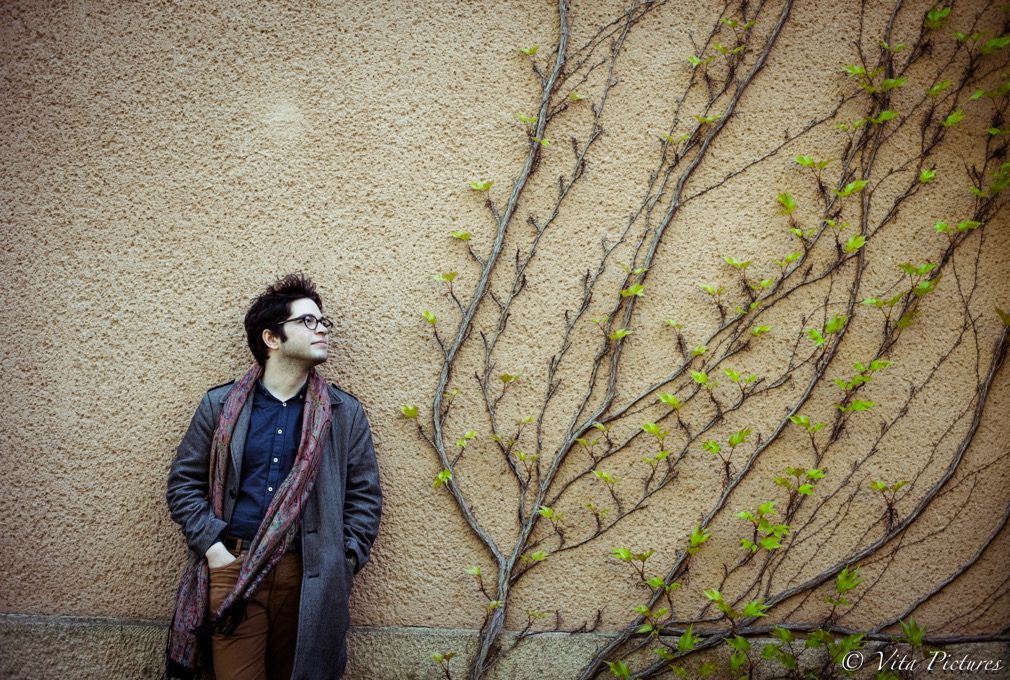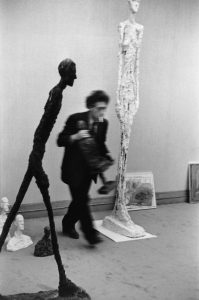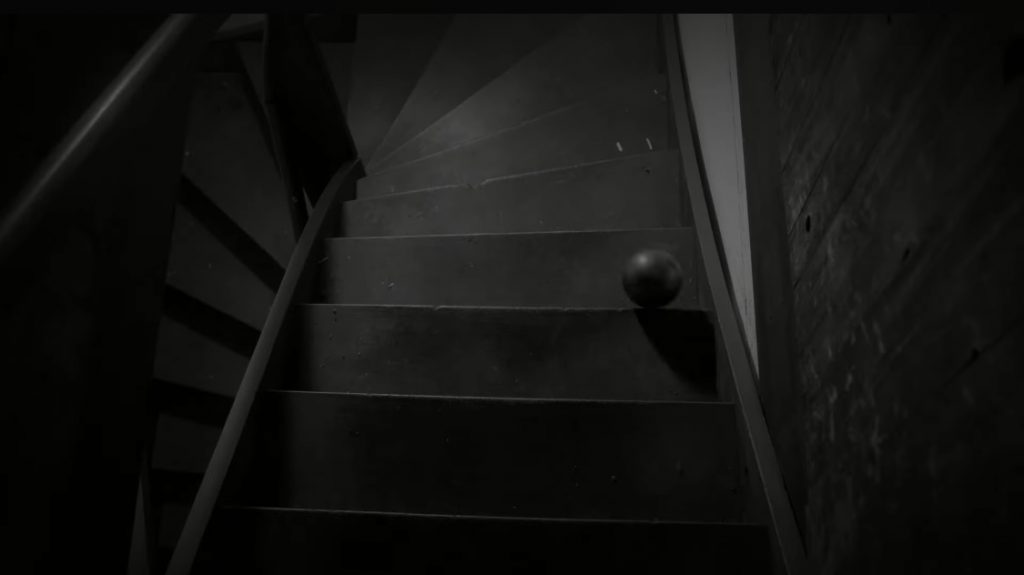Der Retter ناجی
German below
به آرامی قدم برداشت. بدون هیچ تأملی. بدون اینکه حتی تصوری از بعد و قبل و پیش آمد و پس آمد داشته باشد. قدم برداشت. آرامآرام تا میانهی رودخانه جاری رفت. و بعد هم چیزی که ما دیدیم، همان تصویر رودخانه بود و خورشید که حالا دیگر غروب میکرد. میگفتند دلیل کشته شدن سه نفر بوده است. نه که قاتل باشد. نه. اما مقدمات کشتن را فراهم میکرده. میگفتند در هر مورد، او هم آن گوشه و کنارها پرسه میزده. میگفتند همیشه بوده و هست و خواهد بود..
********
میگفتند آن روزی که آن مرد لاغر عینکی از دفتر کارش بیرون آمد و با آن خوشحالی فریاد زد «کشتمش، کشتمش» او را دیدند که با رضایت خاطری در چهرهاش مثل وقتی که پدری به فرزندش اعتماد میکند از در پشتی خارج شده است. آن روز هم که جسد چاق و بدریخت آن مرد کتوشلوار پوشیدهی کرواتزدهی کمی فربه را پیدا کردند او بود که چیزی پشتش قایم میکرد و با همان احساس رضایت از صحنهی جرم خارج میشد. در همه موارد قاتلین با سرخوشی عجیبی و اعتمادبهنفس اعتراف میکردند. حتی گفتند وقتی آن زن ماشهی تفنگ را کشید و سر سفرهی شام به سر آن مردش کمی شلیک کرد همسایهها فریاد شادی شنیدند.
میگفتند مرد طبق عادت هر شب، بشقاب غذای چرب و چیلش را که تمام کرد، بشقاب را بالا گرفت و همانطور که چهارزانو سر سفره نشسته بود به زن جملهی همیشگی را گفت: «بازم داریم؟» زن هم بشقاب را گرفت تا آشپزخانه رفت و برگشت و با لبخند ملیح کودکانهای تیر را توی سر مرد خالی کرد. بعد هم از مغز مرد و برنجی که در دیس بود توی بشقاب کشید و به عنوان نذری به خانهی همسایهها فرستاد. در همه موارد خیلی قتل اما، هیچ مدرک جرمی پیدا نمیشد. آلات قتاله همه ناپدید میشدند. اثر انگشتها با دقت زیادی پاک میشدند و جرمها به سختی قابل اثبات بودند.
********
شایعات زیاد بود. خیلیها میگفتند او پیامبر ۱۳۴,۰۰۱ بود. بعضیها میگفتند او را هیچکس ندیده است. بعضیها میگفتند انسان رئوفی است. هر سه قاتل وجود او را و دست داشتنش در قتلهایشان را انکار میکردند. آفتاب غروب میکرد. رودخانه در جریان بود. و هیچ وقت ندانستیم که وقتی با قدمهای مصمم به داخل آب میرفت، زیر لب با خودش چه میگفت. حتی چهرهاش را ندیدیم و ندانستیم که همان حس رضایت در چهرهاش بود یا سرخی غروب غمگینش میکرد
کلن ۲۰۱۸
Er ging langsam. Ohne jedes Zögern. Ohne auch nur eine Vorstellung von Vorher und Nachher, von Geschehen und Folge zu haben. Er ging. Langsam, langsam bis zur Mitte des Flusses, bis in die Strömung hinein. Und dann war das Einzige, was wir sahen, das Bild des Flusses und die Sonne, die nun schon unterging. Man sagte, er sei die Ursache für den Tod von drei Menschen gewesen. Nicht, dass er ein Mörder gewesen wäre. Nein. Aber er habe die Voraussetzungen für das Töten geschaffen. Man sagte, bei jedem Fall sei er auch dort gewesen, an den Ecken und Rändern umherstreifend. Man sagte, er sei immer da gewesen und sei es noch und werde es sein.
********
Man sagte, an jenem Tag, als der dürre Mann mit der Brille aus seinem Büro kam und voller Freude rief: „Ich habe ihn umgebracht, ich habe ihn umgebracht!“, habe man ihn gesehen, wie er mit einer Gelassenheit im Gesicht, wie wenn ein Vater seinem Kind vertraut, durch die Hintertür hinausging. Auch an dem Tag, als man die dickliche Leiche jenes Mannes fand, gekleidet im Anzug mit Krawatte, habe er etwas hinter seinem Rücken versteckt und sei mit demselben Ausdruck von Zufriedenheit vom Tatort weggegangen. In allen Fällen hätten die Mörder mit einer seltsamen Heiterkeit und großem Selbstvertrauen gestanden. Man sagte sogar, als jene Frau den Abzug der Pistole betätigte und beim Abendessen auf ihren Mann schoss, hätten die Nachbarn Freudenschreie gehört.
*******
Man sagte, der Mann habe wie jeden Abend seinen Teller mit fettigem Essen geleert, den Teller hochgehoben und, während er im Schneidersitz am Esstisch saß, seiner Frau den gewohnten Satz gesagt: „Haben wir noch mehr?“ Die Frau nahm den Teller, ging in die Küche und kam zurück, und mit einem milden, kindlichen Lächeln streckte sie ihn mit einer Kugel in den Kopf nieder. Danach schöpfte sie vom Gehirn des Mannes und dem Reis, der in der Schüssel war, auf den Teller und schickte es als Opfergabe zu den Nachbarn. In allen Fällen gab es viele Morde, aber keine Beweise. Alle Tatwaffen verschwanden. Fingerabdrücke wurden sorgfältig beseitigt, und die Taten waren nur schwer nachzuweisen.
Es gab viele Gerüchte. Viele sagten, er sei der Prophet 134.001. Manche sagten, niemand habe ihn je gesehen. Manche sagten, er sei ein gütiger Mensch. Alle drei Mörder leugneten seine Existenz und seine Beteiligung an ihren Taten. Die Sonne ging unter. Der Fluss floss weiter. Und wir haben niemals erfahren, was er murmelte, als er mit entschlossenen Schritten ins Wasser ging. Wir sahen nicht einmal sein Gesicht und wussten nicht, ob derselbe Ausdruck von Zufriedenheit darin lag oder ob ihn die Röte des traurigen Sonnenuntergangs färbte..
Köln 2018
